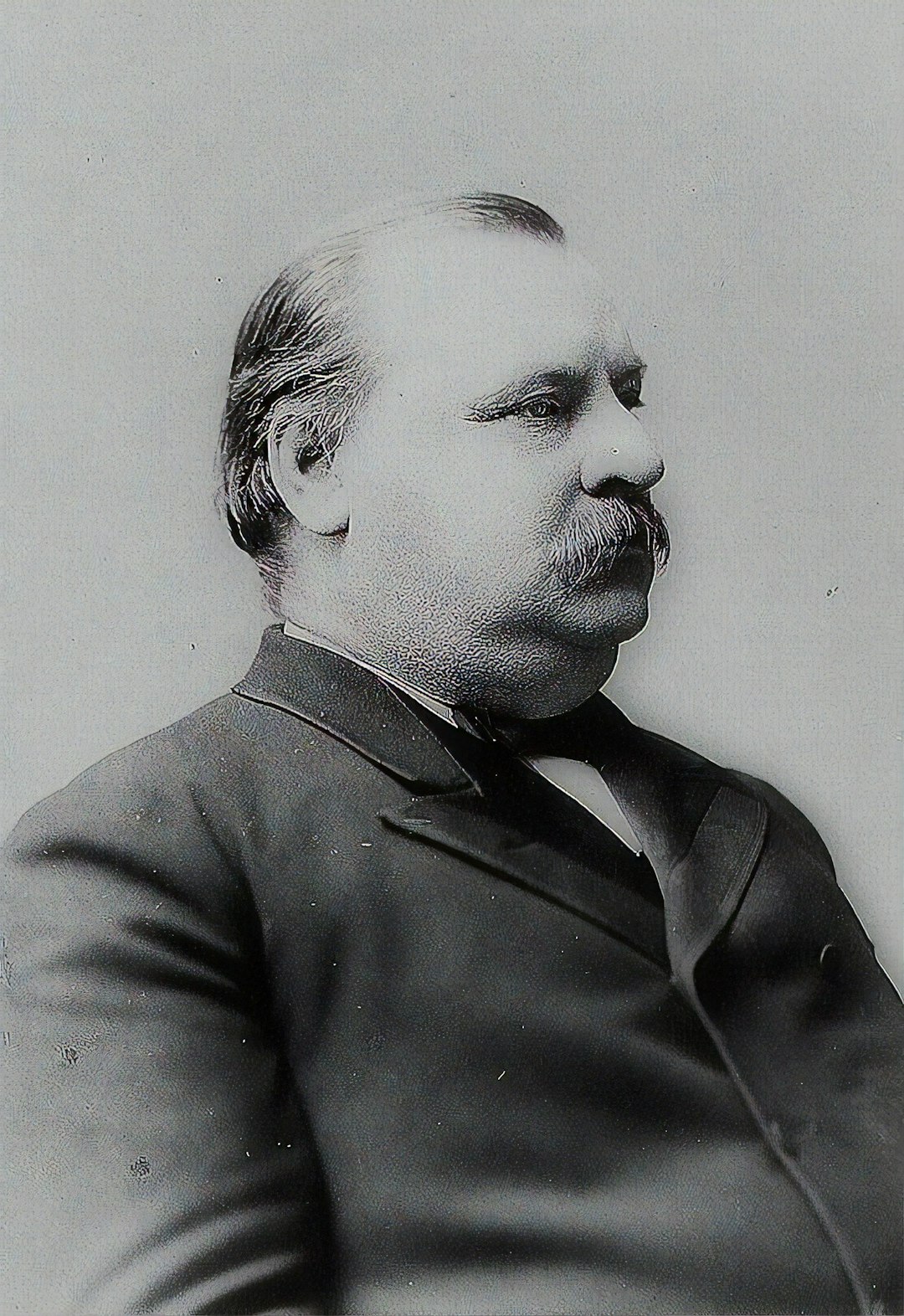In dubious battle
Civil War pensions and today's student loans
For decades, after the Civil War, when Republicans wanted to turn out the vote, they would "wave the bloody shirt"— remind the country that their party had saved the Union from rebels and Democrats. And they would do something else: vote to increase Civil War pensions. Originally payments to widows of Union soldiers killed in action, and to soldiers themselves who were disabled by battle wounds, the pensions eventually expanded to include Civil War veterans who simply got old, and their wives and widows.
A legislator's vote to expand or raise pensions could be defended in terms of both patriotism and humanity. The soldiers had indeed saved the Union. (Confederate veterans did not qualify for federal pensions. They had to rely on their states.) And who could begrudge help to the heroes in their disability and old age?
The striking thing about the pension program was that it existed at a time when the federal government was quite stingy regarding any other form of support for individuals. Social Security had to wait 70 years after the time the Civil War pension program was instituted. The origin of America's welfare state is often dated to the New Deal in the 1930s, which is accurate enough as it relates to the population as a whole. But the government had been in the transfer-payments business— for the veterans—for three generations by then.
At the beginning of the 20th century, the pension program was one of the largest items on the federal budget. And it went on and on. The last recipient of a Civil War pension died in 2020.
The lure of pensions inspired widespread fraud. Military records were spotty, as were marital records. In their absence, applicants could supply affidavits from individuals testifying that the applicant had served with them, or been married to someone who had served. For a suitable consideration, the affidavit swearers could be persuaded to lie. An entire industry grew up in the legal profession of lawyers who specialized in gaming the pension system on behalf of clients.
As a political issue, Civil War pensions originated with Republicans. But Democrats caught on to its voter appeal. The parties got into bidding wars with each other over who could do the most for the veterans. Presidents and legislators who tried to rein in the spending could be punished on election day. Grover Cleveland vetoed a series of pension bills in his first term and was chucked from office, in large part because of the opposition of the Grand Army of the Republic, the Civil War veterans group that was the most powerful lobby in the country at the time.
The decision of the Biden administration to forgive federal student loans—allowing the discharge of up to $20,000 per student— echoes the politics of the Civil War pensions. Forgiveness can be defended on moral grounds, in that many of the loans were taken out by students who didn't understand what they were getting into. Misrepresentation and outright fraud on the part of colleges receiving the loan money has been common. And many people can feel sympathy for young folks just starting out in life who are burdened with loans that might take decades to repay.
All the same, the decision reeks of politics. The midterm elections are coming, and the Democrats need all the help they can get. College graduates are more likely to be Democrats than Republicans, and so the federal money will flow more toward Biden's base than toward the public at large. Finally, the recipients of the windfall, by virtue of having been to college, are likely to do better economically than the average American even without the debt forgiveness.
In vetoing the pension bills, Grover Cleveland raised constitutional objections; similar challenges have been leveled against the Biden loan forgiveness program. The more important objections are political. Do we want elected officials pandering to particular groups with taxpayer money?
Cynics might reply that such is the way of the political world. Jesse Unruh, speaker of the California assembly in the 1960s, said, "Money is the mother's milk of politics."
Maybe so, but babies get weaned.


Another excellent essay! Someone once said "There's no such thing as a free lunch. It may be free to the person eating it, but someone else's labor and capital had to produce it."
Let's be honest -- the loan forgiveness was a bone to help Democrats in the midterms, hoping the elections happen before the unconstitutional edict is stopped. If we really want to fix the problem and forgive these loans, take the millions in endowments colleges have banked on the backs of these borrowers to pay for it. Colleges and the federal government have colluded to cause this problem, and now they want to absolve themselves by saddling taxpayers with an additional $30 billion PER YEAR. And we think the Civil War pension lasted a long time...